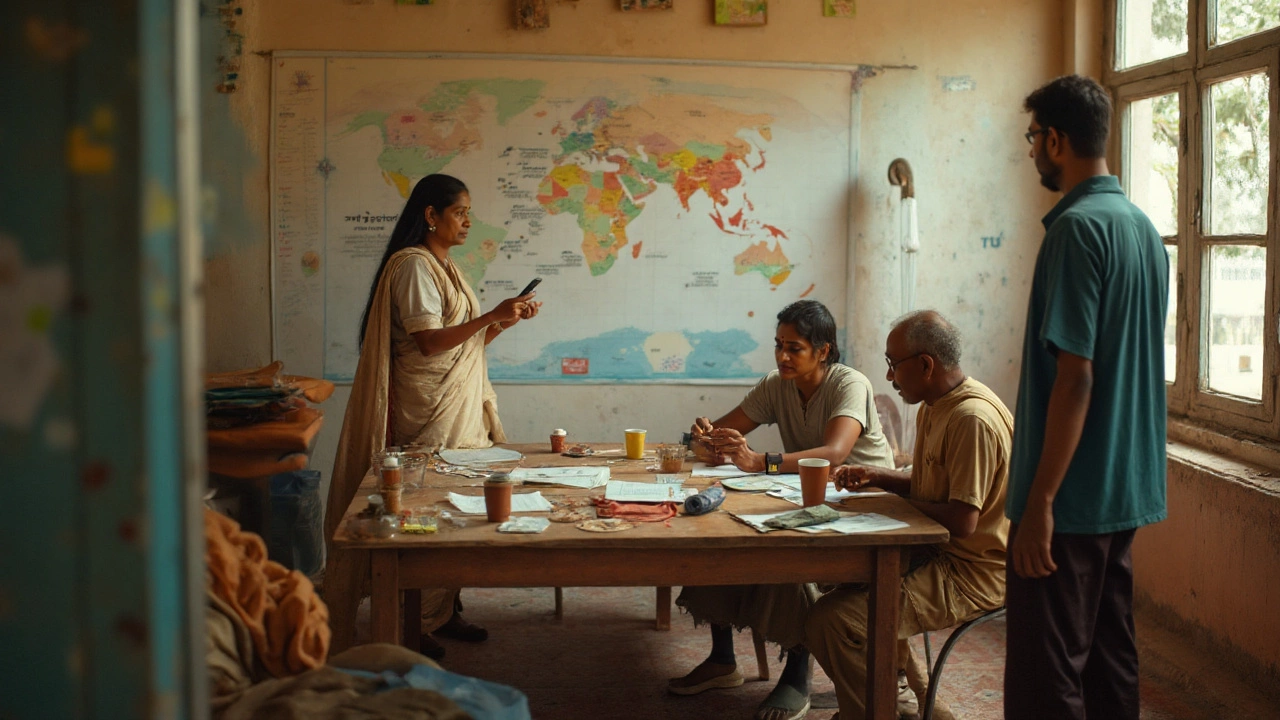Outreach Coordinator Duties: Daily Tasks, Skills and Real‑World Tips
If you’ve ever wondered what a day looks like for an outreach coordinator, you’re in the right spot. These professionals are the bridge between a nonprofit and the people it serves. Their main goal is to connect, engage, and bring value to the community while keeping the organization’s mission front and centre.
Core Responsibilities
First off, planning is huge. An outreach coordinator maps out outreach campaigns, decides which neighborhoods or groups to target, and creates a timeline that fits the budget. They research local needs, gather data, and talk to community leaders to make sure the plan is realistic.
Next comes relationship building. This means meeting with schools, faith groups, local businesses, and other NGOs. The coordinator introduces the organization, explains its programs, and looks for partnership opportunities. Trust is earned through consistent communication and showing up when the community needs help.
Volunteer management is another big piece. Coordinators recruit, train, and schedule volunteers, making sure each person knows their role and feels valued. They also handle any issues that pop up, like no‑shows or conflicts, so the event runs smoothly.
Once an event or program is live, the coordinator monitors progress. They collect feedback, track attendance, and note any challenges. This data helps them tweak the approach for the next outreach effort and prove impact to donors.
Finally, reporting wraps everything up. Coordinators write concise summaries for donors, board members, and staff. These reports include stats, stories, and lessons learned, showing how the outreach effort moved the needle for the community.
Skills & Tips for Success
Good communication is non‑negotiable. Whether you’re drafting a flyer, sending a follow‑up email, or speaking at a town hall, clear and friendly language wins trust.
Organization matters. Use simple tools like spreadsheets or free project‑management apps to keep track of deadlines, contacts, and supplies. A tidy system saves you from last‑minute scramble.
Being adaptable helps when plans change. If a venue cancels or weather turns bad, having a backup option shows professionalism and keeps momentum.
Empathy drives engagement. Listen to community concerns without assuming you know the answer. When people feel heard, they’re more likely to join your cause.
Finally, measure impact. Set one or two clear goals for each outreach activity—like “reach 100 families” or “secure 20 new volunteers.” Track those numbers and celebrate the wins; it motivates the team and attracts future support.
In short, an outreach coordinator wears many hats: planner, networker, volunteer manager, data collector, and storyteller. Master these duties, sharpen the listed skills, and you’ll make a real difference for the people you aim to help.
Roles and Responsibilities of Community Outreach: Key Duties, Skills, and Examples
Clear, practical guide to community outreach roles. Learn duties, skills, planning steps, metrics, examples, checklists, and FAQs to run effective programs.
Read More